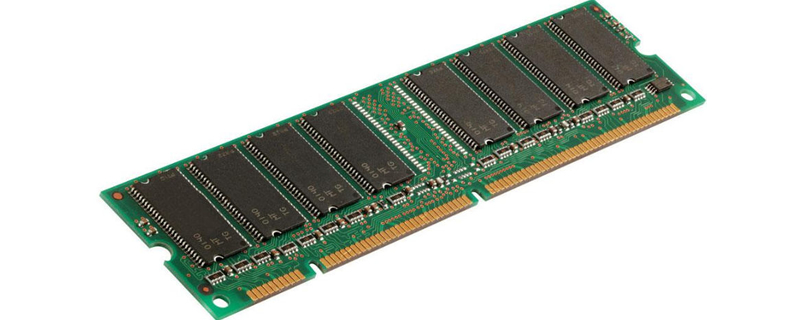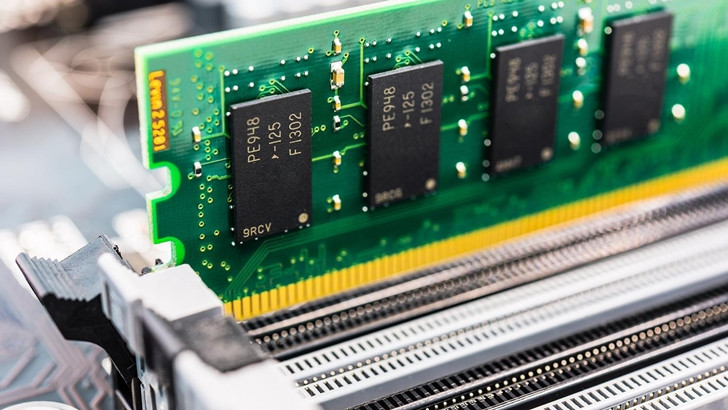Published: September 22, 2017 |
Source:
EETIMES |
Author:
Mark Campbell
Rambus has working DDR5 silicon in their labs

Rambus has working DDR5 silicon in their labs
Â
Rambus has revealed that they have the world’s first working DDR5 silicon in their labs, claiming that their DIMM (dual in-line memory module) offers the speeds required for the upcoming DDR5 memory standard. This means that it offers 2x the speed of standard DDR4 (2133MHz) memory.Â
Â
Below is a comment from the vice president of marketing for Rambus, Hemant Dhulla.Â
Â
Â
To the best of our knowledge, we are the first to have functional DDR5 DIMM chip sets in the lab. We are expecting production in 2019, and we want to be first to market to help partners bring up the technology,
Â
DDR5 memory is expected to offer data rates of up to 6.4Gbit/s, delivering up to 51.2 GB/s, which is 2x as much as what today’s DDR4 offers. EETimes also reports that DDR5 memory will also push the voltage requirements of a 64-bit link down to 1.1V and burst lengths to 16 bits from 1.2V and 8 bits.
Â
It is also expected that DDR5 will move the memory’s voltage regulators from the motherboard to the memory itself, giving DIMMs more control over their power states and free up more space on motherboards.Â
Â
Right now DDR5 memory is expected to start coming to the select market in 2019, greatly increasing the bandwidth that is available to servers and eventually home systems. The baseline performance of DDR5 is set to be as high as some of today’s fastest DDR4 memory, offering a huge performance leap for the average consumer.Â
 Â

Â
DDR5 memory comes at a difficult time for the server market, where alternatives like XPoint memory and others are coming with persistent/non-volatile memory, potentially changing the way that future systems are architected and could eventually replace the DDR standard entirely. Â Â
It is likely that DDR5 memory will still hold the raw bandwidth/performance crown when it releases, though that will not stop some of these lower-cost (cost/GB), high-capacity alternatives looking attractive for certain workloads.  Â
 Â
You can join the discussion on Rambus’ DDR5 silicon on the OC3D Forums.Â


